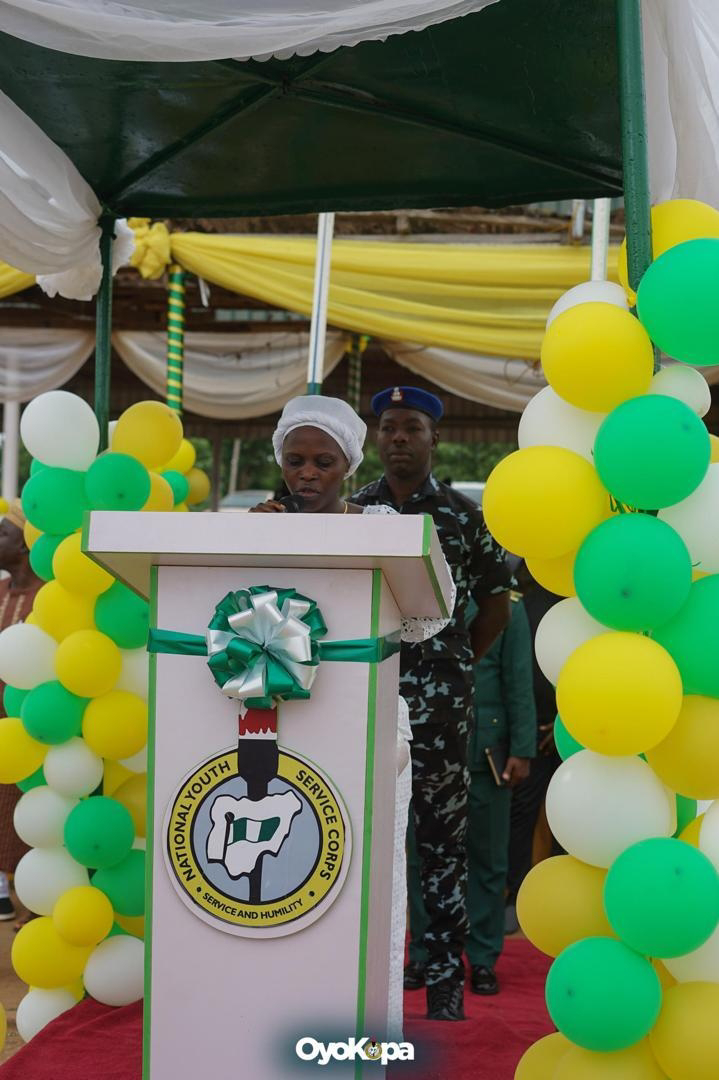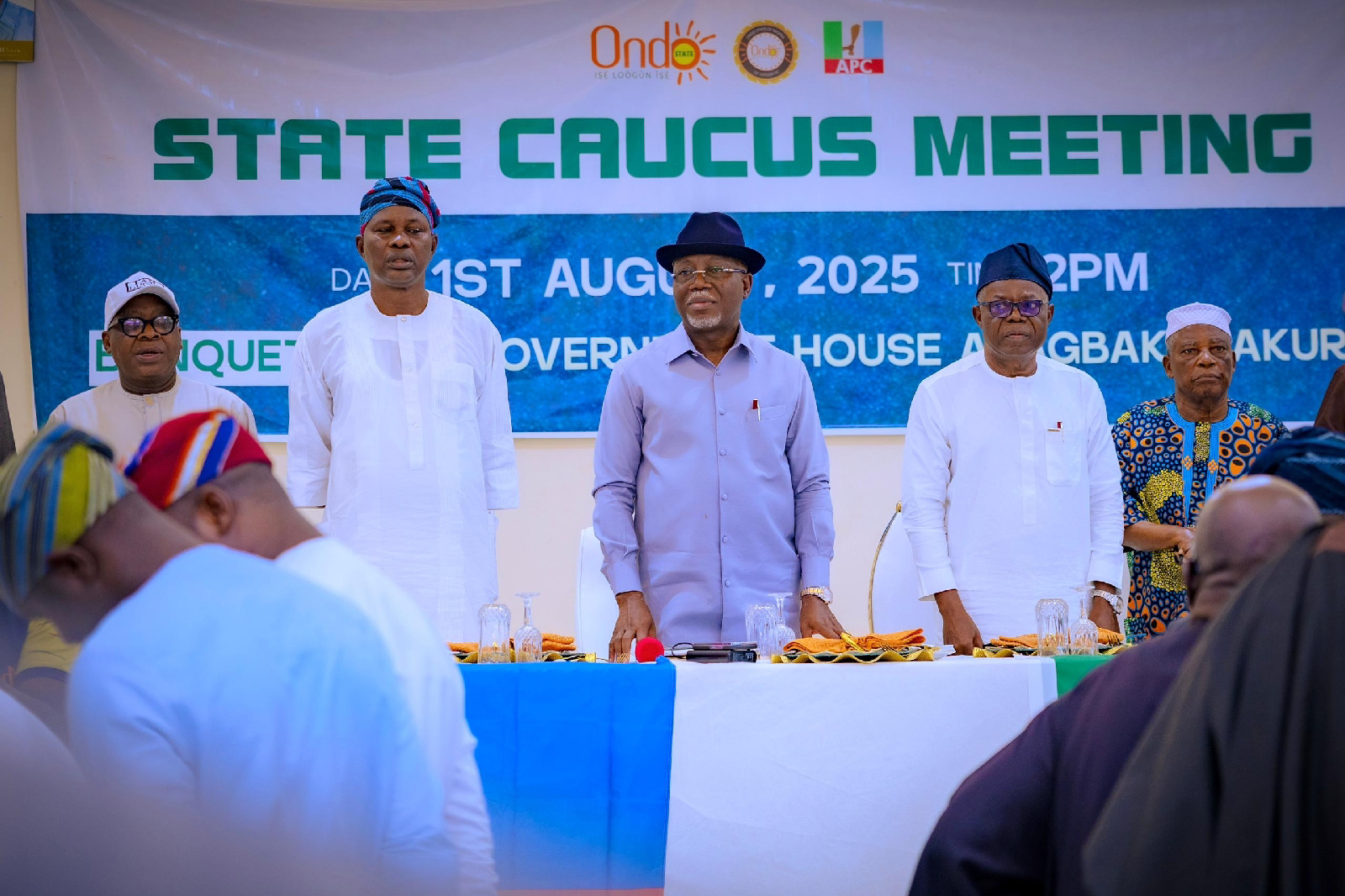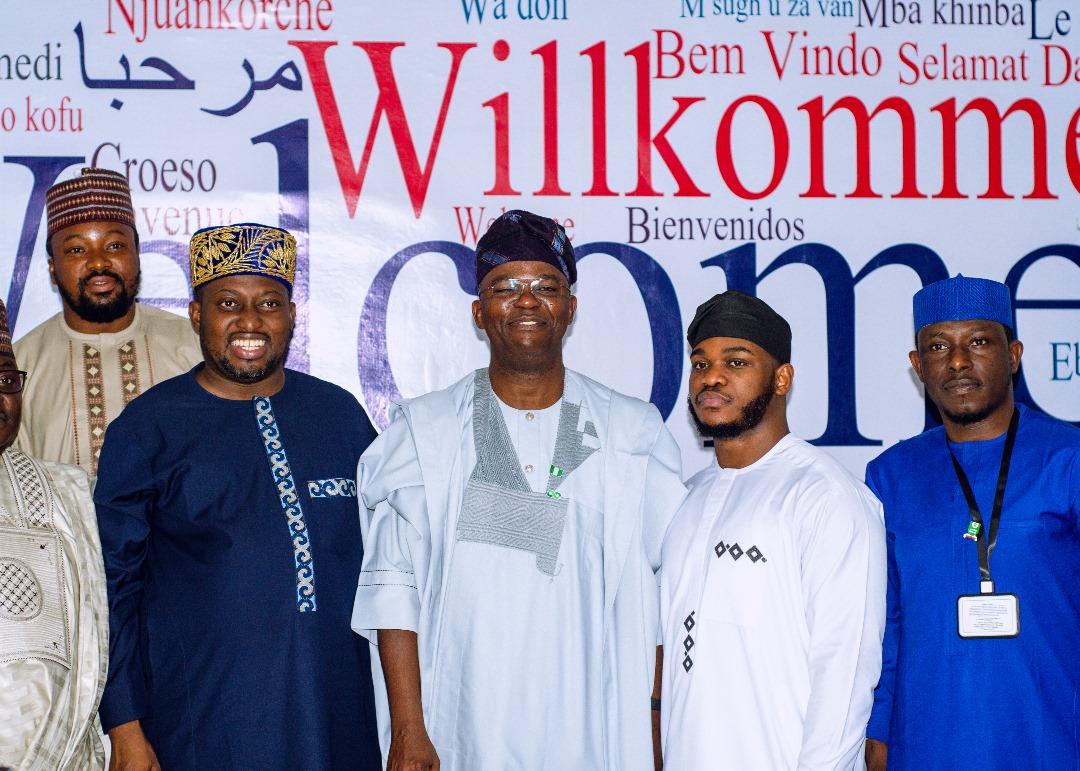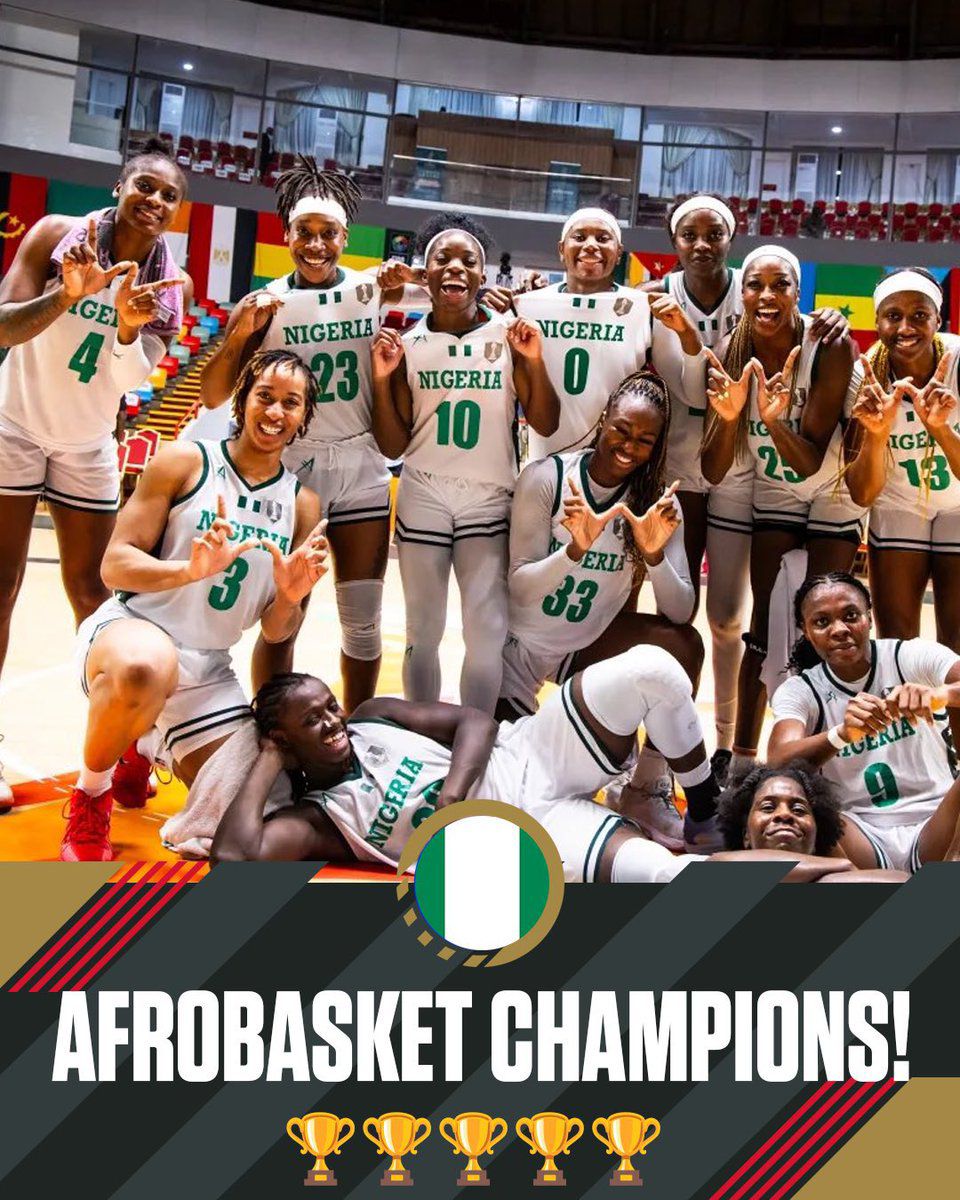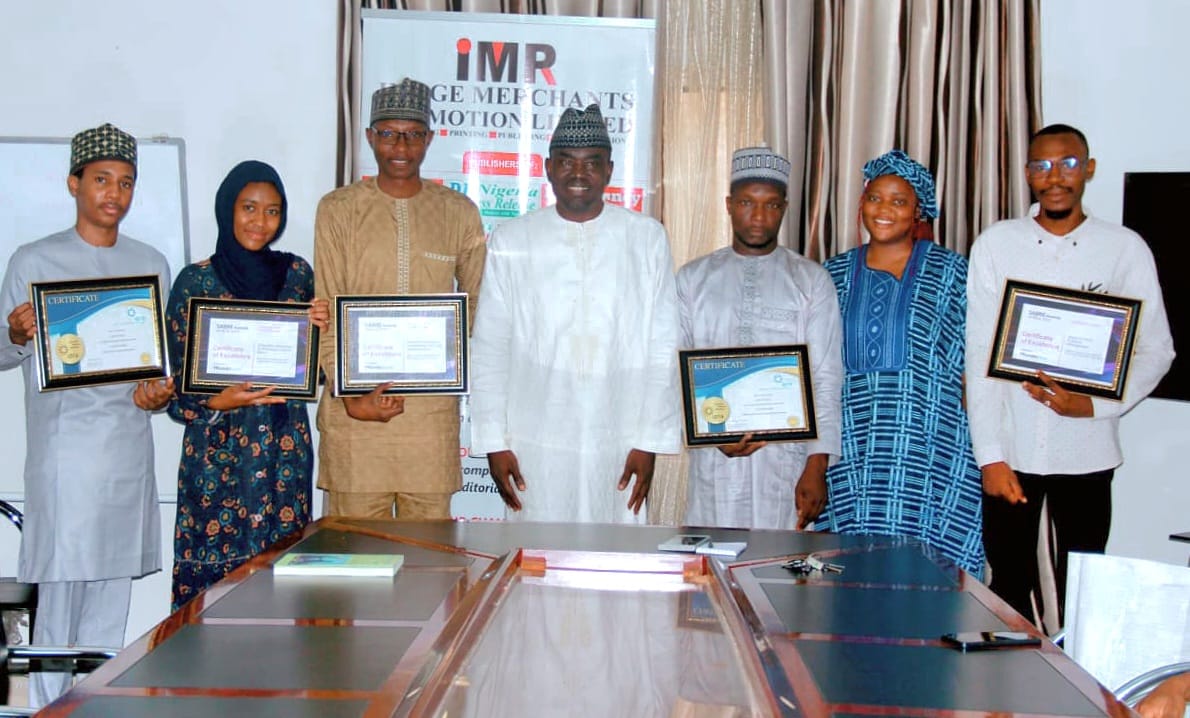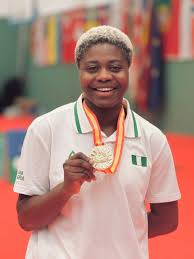Renowned scholar of African and Caribbean Drama, Prof. Omotayo Oloruntoba-Oju, has emphasized the crucial role of literature and theatre in fostering justice and morality.
She advocated for their integration into the education curriculum and the establishment of community theatre programmes in universities to enhance social engagement and development.
Delivering the 34th Inaugural Lecture of Adekunle Ajasin University, Akungba Akoko (AAUA) on Tuesday, February 11, 2025, she spoke on the theme: “What Literature Told Me, What the Theatre Taught Me: Performance and Resistance Across Time and Space.”
Call for Policy Integration
Prof. Oloruntoba-Oju called on the government to incorporate drama into school curricula at all levels, including tertiary institutions. She cited her research on integrating drama into medical training, noting that it enhances learning across both humanities and sciences.
“The National Universities Commission (NUC) should facilitate this integration, ensuring drama serves as a pedagogical tool for structured enactments and enhanced communication skills,” she stated. She further recommended establishing community theatre programmes in universities, leveraging drama’s mobilization potential to drive societal progress.
Literature and Theatre as Agents of Change
Highlighting the transformative power of literature and theatre, she stated:
“Literature and theatre have always been catalysts for resistance and transformation. They teach us universal lessons about justice, morality, and the fight against evil and injustice.”
She traced African performance traditions from ancient masquerade performances like Egungun and Alarinjo to the works of Nigerian dramatist Hubert Ogunde. She noted how Ogunde blended drama, music, and chants to create socially impactful works, some of which faced colonial and post-colonial censorship due to their strong resistance messages.
Citing Ogunde’s plays such as ‘Yoruba Ronu’ and ‘Otito Koro’, she illustrated how theatre has historically influenced political consciousness and activism.
Philosophical and Revolutionary Perspectives
Referencing historical debates on literature’s purpose, she cited Plato’s skepticism and Aristotle’s defense of literature as a moral and aesthetic tool. She also acknowledged the works of Wole Soyinka and Femi Osofisan, whose revolutionary theatre exploits African performance techniques to challenge oppression.
She further emphasized music’s role in resistance theatre, stating that Femi Osofisan’s music-laden performances not only entertain but also drive audiences toward social awareness and action.
Institutional and Policy Recommendations
To strengthen interdisciplinary research, she proposed the establishment of an Institute of African Studies (IAS) at AAUA, fostering collaborations with local and international universities, including the University of Oxford African Studies Institute.
Additionally, she recommended the introduction of annual command performances, which would enhance AAUA’s visibility, strengthen government relations, and create a training hub for artists contributing to industries such as Nollywood and the National Theatre.
Vice Chancellor’s Commendation
In his remarks, AAUA Vice Chancellor, Prof. Olugbenga Ige, described Prof. Oloruntoba-Oju as a distinguished academic, prolific researcher, and mentor.
“Her scholarly contributions, particularly in literature and theatre, have significantly advanced knowledge. She remains a dedicated mentor, shaping the next generation of academics,” he stated.
Prof. Ige highlighted her remarkable academic output, which includes several books, a monograph, edited volumes, and over 40 scholarly articles, all of which have greatly enriched her field.
The lecture reinforced the critical role of literature and theatre in shaping progressive societies, while calling for policy-driven integration of drama into Nigeria’s education system.




